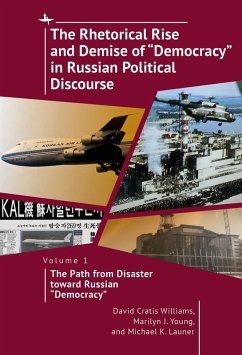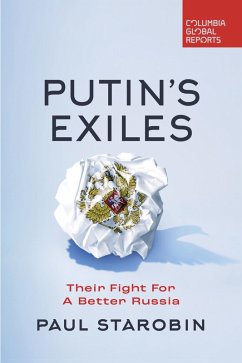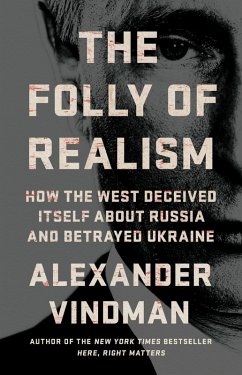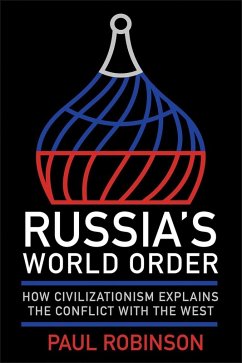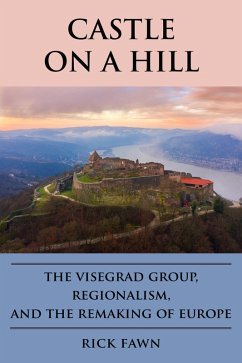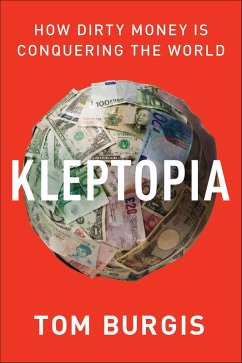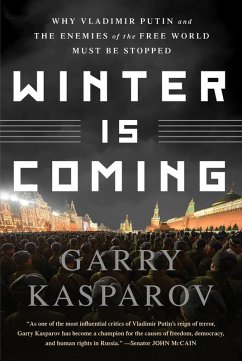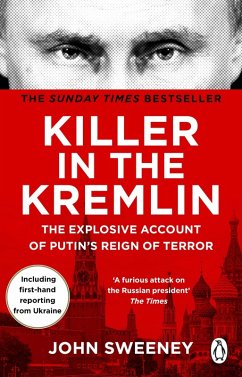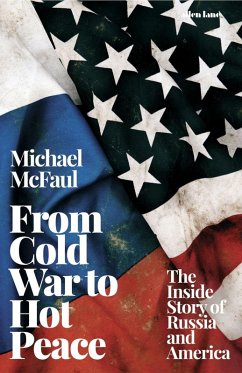
The Rhetorical Rise and Demise of "Democracy" in Russian Political Discourse, Volume 2 (eBook, ePUB)
The Promise of "Democracy" during the Yeltsin Years
Versandkostenfrei!
Sofort per Download lieferbar
82,95 €
inkl. MwSt.
Weitere Ausgaben:

PAYBACK Punkte
41 °P sammeln!
Post-Soviet Russia in the 1990s saw a surge in civic participation. The traditional power structure officially relinquished control of political rhetoric and a nascent civil society had begun to emerge. Free elections and political partisanship between reformist and conservative elements of Russian society, spurred on by Russia's economic troubles, gave a "Wild West" tenor to public rhetoric that was reflected in the election campaigns of 1993, 1995, and 1996. In this volume, the authors examine, through a series of contemporaneously written essays, the arc of government rhetoric during the he...
Post-Soviet Russia in the 1990s saw a surge in civic participation. The traditional power structure officially relinquished control of political rhetoric and a nascent civil society had begun to emerge. Free elections and political partisanship between reformist and conservative elements of Russian society, spurred on by Russia's economic troubles, gave a "Wild West" tenor to public rhetoric that was reflected in the election campaigns of 1993, 1995, and 1996. In this volume, the authors examine, through a series of contemporaneously written essays, the arc of government rhetoric during the height of media freedom, the quest for a new national identity, and the struggle for self-government.
Dieser Download kann aus rechtlichen Gründen nur mit Rechnungsadresse in A, D ausgeliefert werden.




